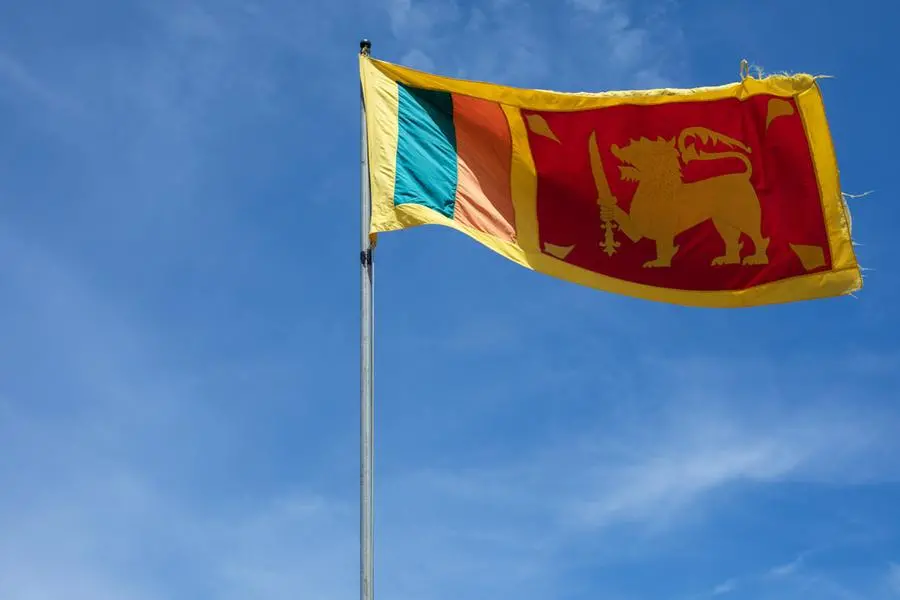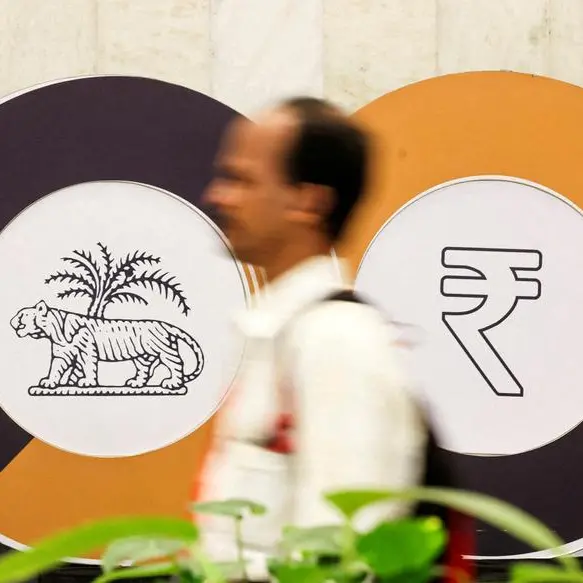PHOTO
Sri Lanka's painful austerity measures were "bearing fruit" and must be sustained, the International Monetary Fund said Friday as the country's new president sought changes to its $2.9 billion bailout.
Leftist leader Anura Kumara Dissanayake won last month's presidential election promising to reverse steep tax hikes, raise public servant salaries and renegotiate an unpopular IMF bailout secured by Colombo last year.
But analysts say Dissanayake has little room to reshape the terms of the IMF deal.
The avowed Marxist held talks with IMF representatives for a second straight day Friday, his office said in a statement.
"President Dissanayake aims to achieve the objectives of the program in partnership with the IMF, seeking alternative approaches that will alleviate the burden on the citizens," it said.
In his first meeting with the IMF delegation on Thursday, Dissanayake said he wanted to reduce the tax burden on lower income households.
In response, the Washington-based lender stressed that it was important not to jeopardise Sri Lanka's hard-won economic recovery.
"Reform efforts are bearing fruit in terms of reviving economic growth, lowering inflation, boosting reserves and improving revenue mobilisation," spokesperson Julie Kozack said in Washington.
"Important vulnerabilities and uncertainties do remain, and this means that sustaining reform momentum is critical."
IMF Asia Pacific Director Krishna Srinivasan called the talks "productive" and focused on maintaining "hard-won gains".
Sri Lanka can draw down a fourth tranche of $336 million only if the lender is satisfied that leaders are sticking to the rescue plan's revenue and spending targets.
- Revisit bond deal -
Sri Lanka's new president has said he also wants to conclude a tentative deal his predecessor had negotiated to restructure $12.5 billion in international sovereign bonds, but wanted more concessions for the cash-strapped nation.
Sri Lanka has already secured debt restructuring deals with its official creditors, including China, Japan and India, the top three bilateral lenders.
India's foreign minister Subrahmanyam Jaishankar, who was the first foreign dignitary to call on Dissanayake after his inauguration, pledged New Delhi's support to restructure Sri Lanka's external debt, the Indian High Commission said.
"The President conveyed his appreciation in that regard," the High Commission said.
Sri Lanka defaulted for the first time in 2022 after running out of foreign exchange during its worst-ever financial crisis.
The 2023 IMF bailout helped end crippling shortages of food, fuel and medicine and returned Sri Lanka's economy to growth, but its austerity measures left millions struggling to make ends meet.
Dissanayake, a member of a once-marginal leftist party, was elected on the back of public resentment over perceived corruption and mismanagement that precipitated the economic bust.
Days after he was sworn into office, he called snap parliamentary elections for next month.
Any fresh deal with bondholders or the IMF will require approval by the next parliament, which is due to hold its first session on November 21.




















